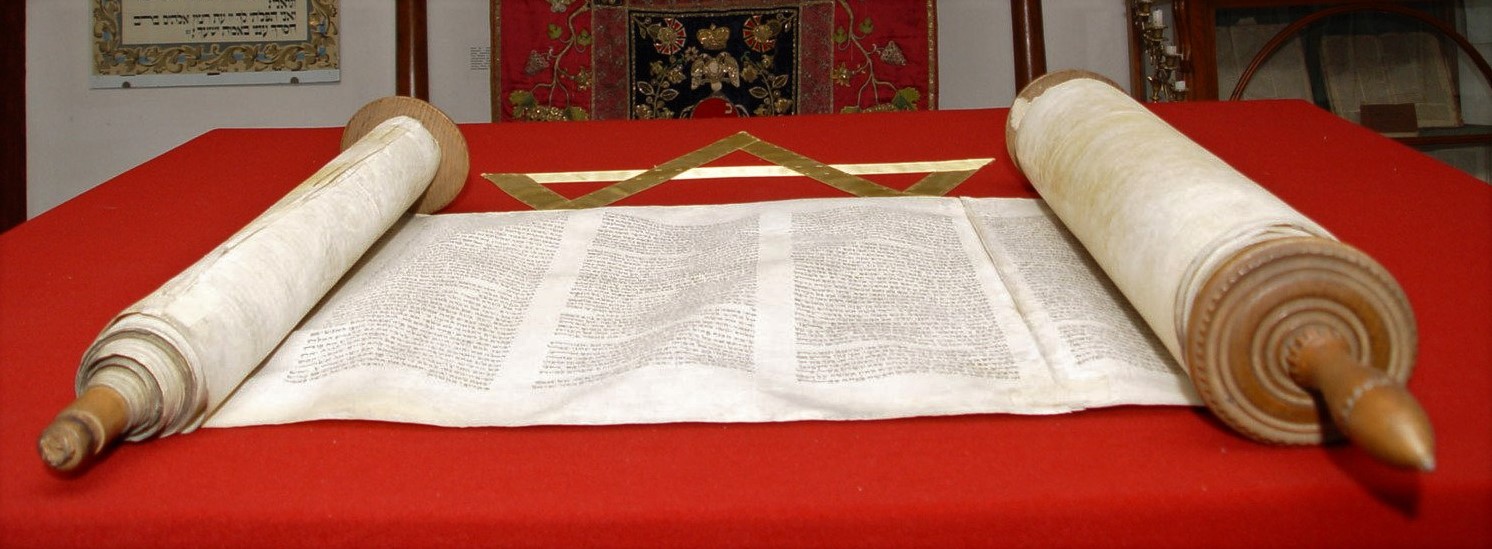
In this week’s Torah portion of Vayeitzei (Genesis 28:10–32:3), Jacob fathers eleven of the twelve founders of the tribes of Israel.
In order of birth, the sons are Reuben Shimon, Levi, Yehuda, Dan, Naftali, Gad, Asher, Issachar, Zebulon, and Joseph.
The birth of Jacob’s twelfth son Binyomin is recorded in next week’s portion.
After each son is born, the Torah explains the meaning of their names.
For example, Yehuda means to “thank God” (Genesis 29:35). The Hebrew letters of Yehuda’s name contain letters that refer to the name of God and the word for thanks.
Throughout the Jewish scriptures, many names contain the name of God. For example, Isaiah “Yesha'yahu” means “God is Salvation.” Daniel means “God is my Judge,” and Hezekiah “Chizqiyahu” means “God is my strength.”
Each name communicates a recognition of the Godly power, which played a role in the individual’s life.
No one would suggest that these biblical figures were God, just because God’s name is contained in their name.
In their overzealous attempt to prove that the Messiah is God, some missionaries misinterpret passages with names to validate their claim.
One striking example is Jeremiah 23:6. The verse says that when the Messiah arrives, the people will call him “God is our Righteousness.” As if anticipating the missionary argument, Jeremiah explains that this expression refers to the fact that God will “cause righteousness to sprout forth from David and he will administer justice and righteousness” (Jeremiah 33:15).
Jeremiah continues and says that the city of Jerusalem will also be referred to as “God is our righteousness” (Jeremiah 33:16). Obviously, Jeremiah was not claiming that Jerusalem is God. He was teaching that from Jerusalem, “righteousness shall go forth” (Isaiah 62:1).
In the same way a city is not God simply because a prophet refers to it with God’s name; neither is the Messiah. However, they both share a mission of exemplifying that God is righteous.
This is also our mission, to dedicate our lives to following God’s Torah and by example, proclaim the righteousness of God.
Shabbat Shalom,
Rabbi Bentzion Kravitz